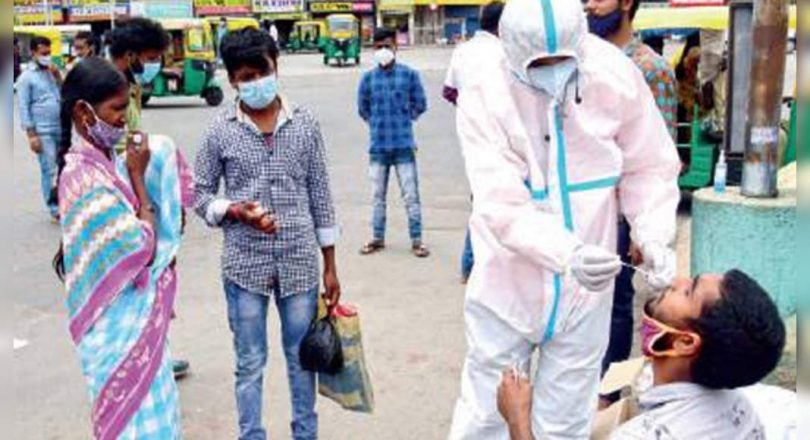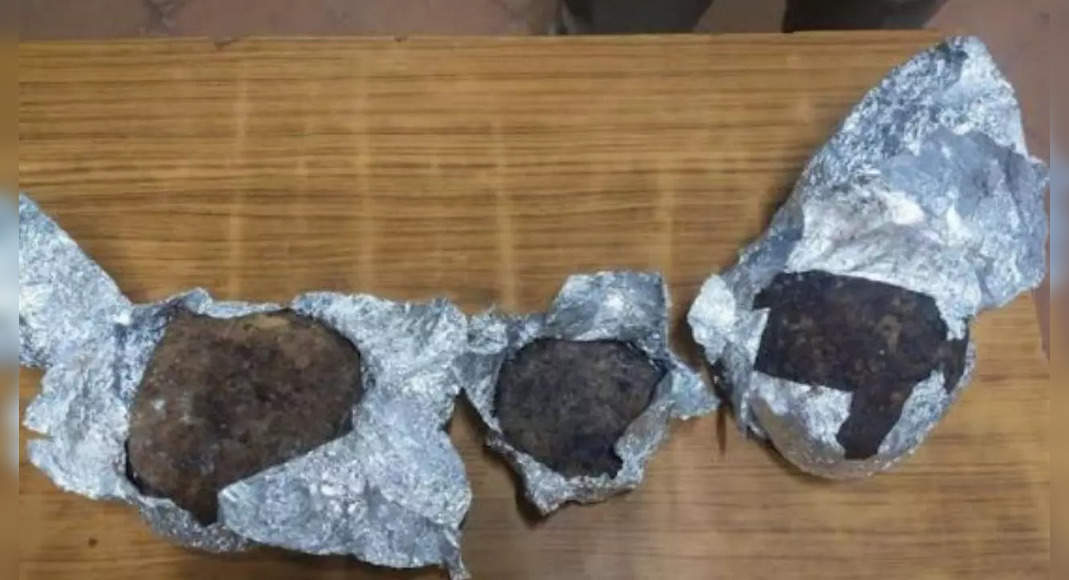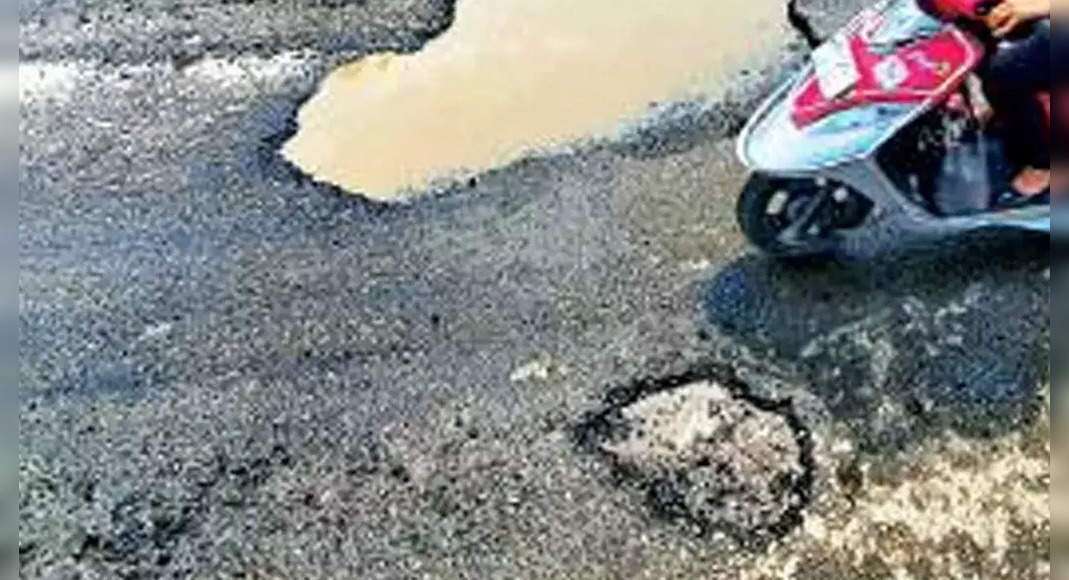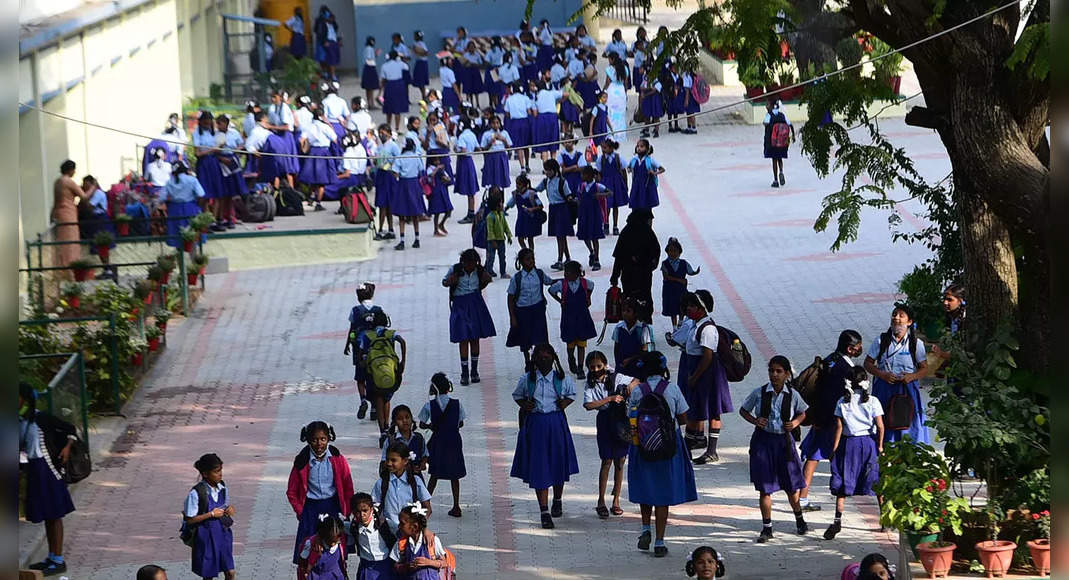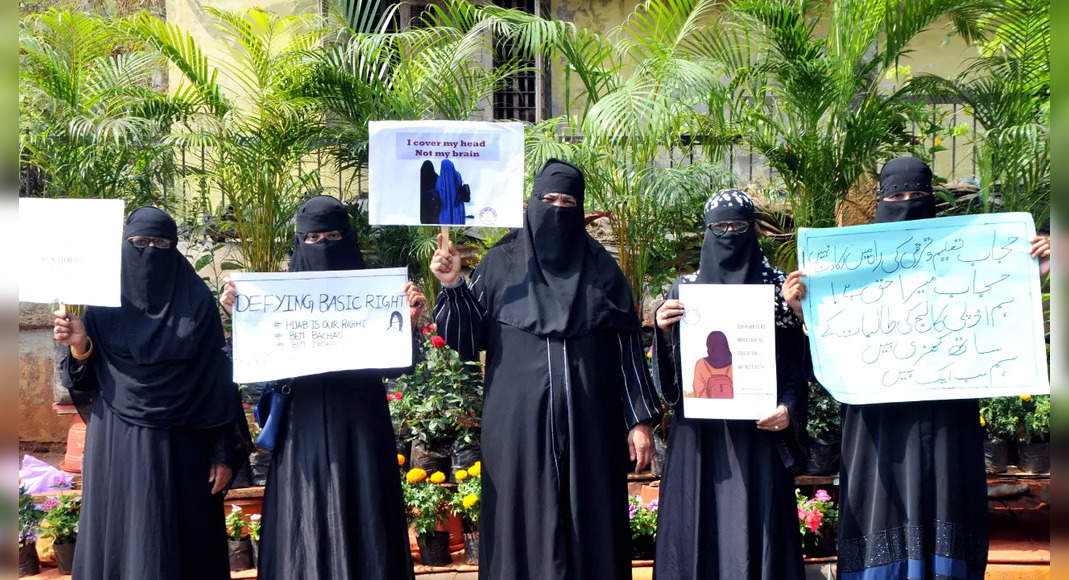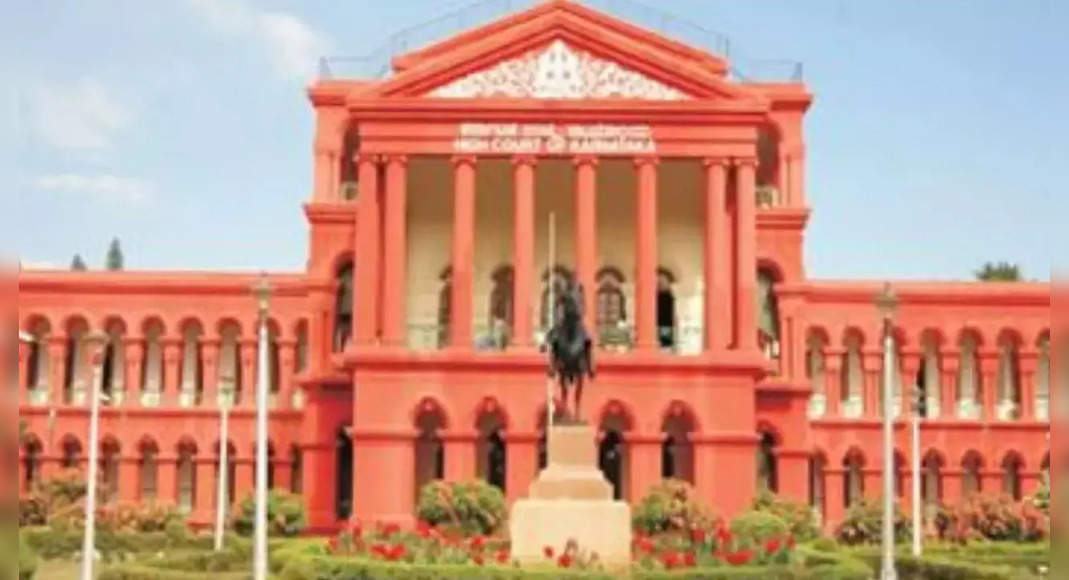BENGALURU: The next wave of the pandemic is inevitable and its impact can be reduced only if people break the chain of transmission by following Covid-appropriate behaviour, said a group of scientists, doctors and experts at a panel discussion.
The topic was ‘Covid third wave: Are we prepared?’.
The webinar was organised by The Times of India under ‘A Shot of Hope’ initiative in association with State Bank of India (SBI) and Skanray Technologies on Friday.
It featured professor Priya Abraham, director, National Institute of Virology, Pune; Dr MK Sudarshan, chairperson of Covid-19 technical advisory committee (Karnataka); Vishwaprasad Alva, founder and managing director of Skanray Technologies and Dr Supraja Chandrasekar, paediatric intensivist, Columbia Asia Referral Hospital (a unit of Manipal Hospitals).
“India is not the only country which is anticipating a third wave.
The UK, South Africa and the US are expecting another wave.
Usually, when restrictions are eased, people go out and forget to observe Covidappropriate behaviour.
We have to be very stringent and get vaccinated at the earliest opportunity.
Even if we are fully vaccinated, we must wear masks.
Hospitals and healthcare centres, in the meantime, must ramp up infrastructure,” said Dr Priya.
She added that coronavirus tended to mutate as it was an RNA virus.
“However, it mutates only at half the pace of HIV and one-fourth the pace of influenza.
Its biological behaviour is to keep mutating, so that it can affect more people.
The best way to protect ourselves is to mask up,” she said.
Dr Sudarshan said that the second wave was anticipated, but its proportion was beyond expectation.
“In April 21, there was a sudden rise in the number of cases.
Those who had the facility to home isolate were the first to reach hospitals because they had the privilege.
But after a week, when those who really needed (treatment) came in, there were no beds and the tragedy happened,” he said.
Sufficient preparations are in progress for the third wave, he added.
Alva pointed out that lack of specialists had been a challenge for the country.
“In the first wave, more than 50 per cent of the equipment was lying idle because there were no specialists.
In the second wave, many used the equipment as NIV masks and not as ventilators.
In the third wave, too, we see a shortage of manpower,” he said.
Dismissing claims that schools could be super-spreader units, Dr Supraja said: “It’s true that children are as infective as adults when it comes to getting the infection, but for some reason, they are protected and do not get serious illness.
Schools cannot be considered as a superspreader unit.
There’s a fine border between risks and benefits when it comes to reopening schools.
Beyond the benefit of education, schools are important for psychosocial and emotional development, and they address the issue of malnutrition in rural areas and obesity and screen addiction in urban areas.” Dr Priya added that work on booster dose was underway.
“Given the fact that the virus can sweep through till an adequate amount of herd immunity is there, not only scientists but also pharma companies are thinking of making booster doses.
In the UK, seven companies have submitted their papers for trials of booster doses.
Bharat Biotech is also embarking on a trial of looking at the role of booster doses.
But there has not yet been a national recommendation on it,” she added.

